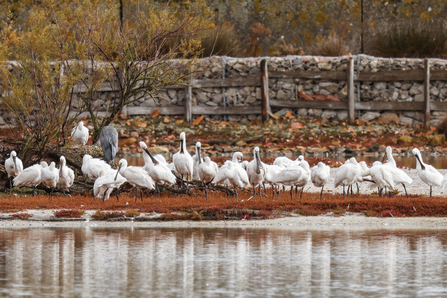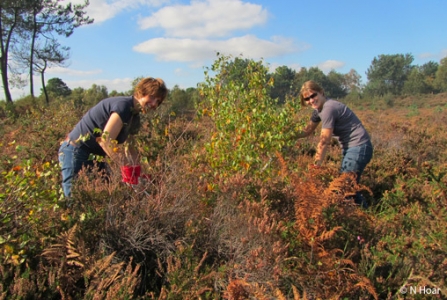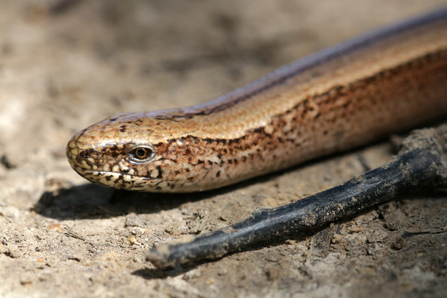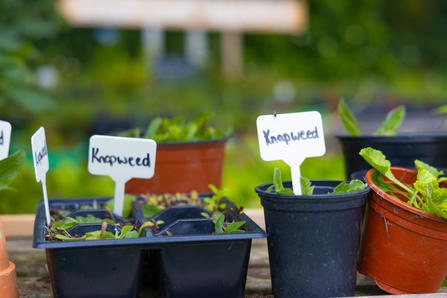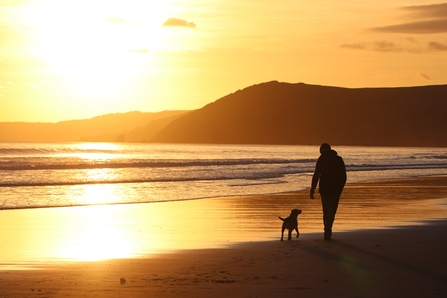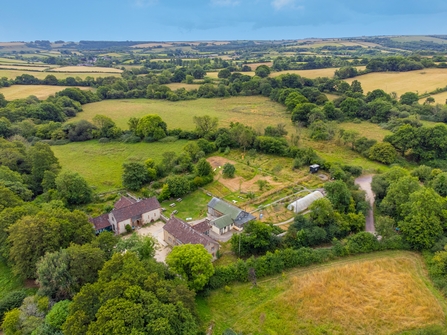Visit a nature reserve
One simple way you can act for nature is by reconnecting with it. The hustle and bustle of modern-day life has left a lot of us disconnected from the natural world, and the increasing pressure of humans has pushed wildlife to the edges of many communities. But studies have shown that immersing yourself in nature can have many benefits to your physical health and mental wellbeing. What’s more, by reconnecting with nature, you will likely begin to grow a greater appreciation for wildlife and the habitats they live in, making it easier for you to identify more ways you can act for nature.
Get out and explore one or more of our 40 precious nature reserves across Dorset and breathe in the fresh air, close your eyes and listen to the beautiful sound of bird song and discover some of Dorset’s beautiful species in their natural habitat.

